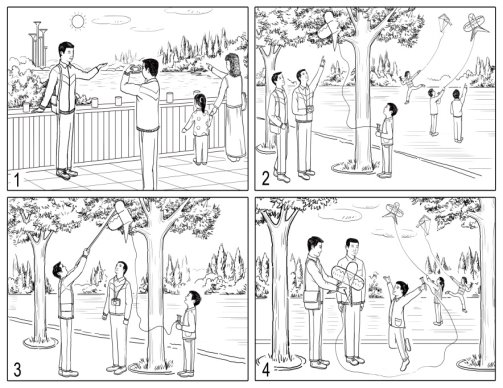0 130841 130849 130855 130859 130865 130867 130871 130877 130879 130885 130891 130895 130897 130901 130907 130909 130915 130919 130921 130925 130927 130931 130933 130935 130936 130937 130939 130940 130941 130943 130945 130949 130951 130955 130957 130961 130967 130969 130975 130979 130981 130985 130991 130997 130999 131005 131009 131011 131017 131021 131027 131035 151629
